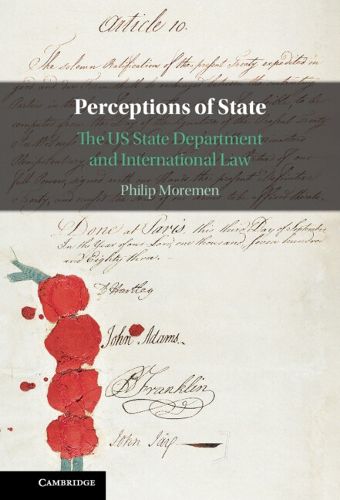Readings Newsletter
Become a Readings Member to make your shopping experience even easier.
Sign in or sign up for free!
You’re not far away from qualifying for FREE standard shipping within Australia
You’ve qualified for FREE standard shipping within Australia
The cart is loading…






Why, and to what extent, are states more or less likely to comply with international law? No overarching state compels compliance, and the international institutional context is thin, yet states seem largely to comply. How do we explain this behaviour? Developed through interviews with eighty State Department senior officials from across five recent administrations, Philip Moremen provides a qualitatively and quantitatively rich study of the extent to which and under what conditions the United States and other countries comply with international law. US policymakers consider legal issues, national interest, and other factors together when making decisions-law is not always dispositive. Nevertheless, international law constrains states. In State Department policymaking there is a strong culture of respect for international law, and lawyers play a highly influential role. In this context, the book concludes by investigating the effect of the Trump Administration on the culture and processes of the State Department.
$9.00 standard shipping within Australia
FREE standard shipping within Australia for orders over $100.00
Express & International shipping calculated at checkout
Why, and to what extent, are states more or less likely to comply with international law? No overarching state compels compliance, and the international institutional context is thin, yet states seem largely to comply. How do we explain this behaviour? Developed through interviews with eighty State Department senior officials from across five recent administrations, Philip Moremen provides a qualitatively and quantitatively rich study of the extent to which and under what conditions the United States and other countries comply with international law. US policymakers consider legal issues, national interest, and other factors together when making decisions-law is not always dispositive. Nevertheless, international law constrains states. In State Department policymaking there is a strong culture of respect for international law, and lawyers play a highly influential role. In this context, the book concludes by investigating the effect of the Trump Administration on the culture and processes of the State Department.